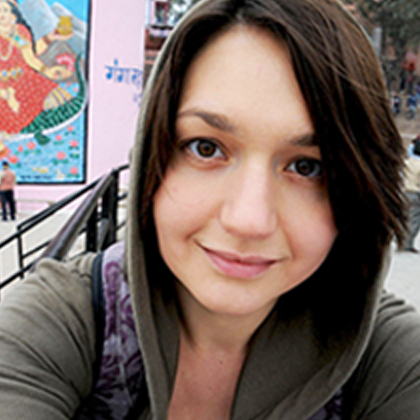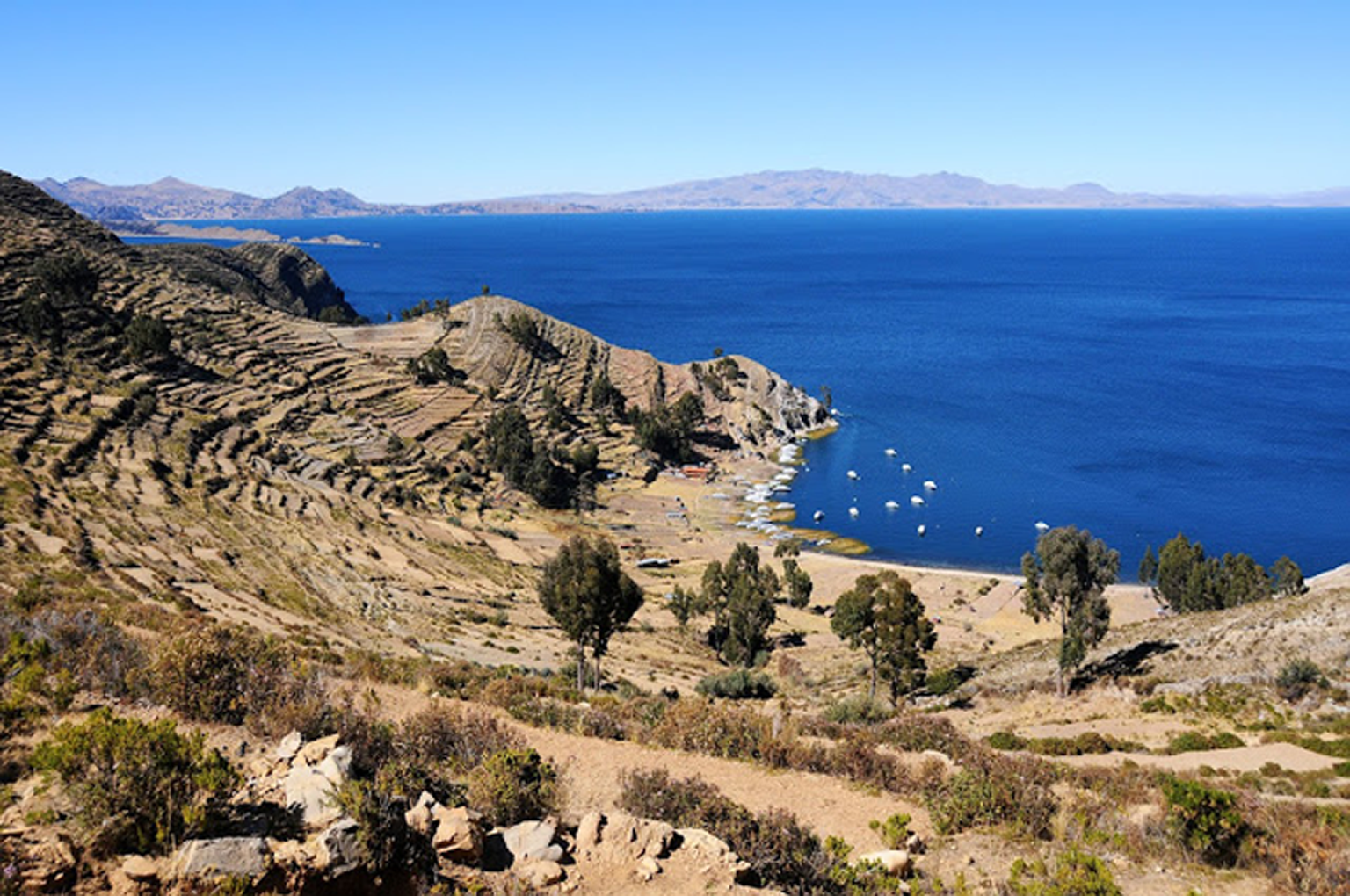- Posted by:
- anjci
- Under:
- About me, Everyday musings
Last Sunday I did something unbelievable: I went to church. It was quite an achievement for someone so rarely seen near places of worship these days – and a radical transformation for someone who used to be a church regular only a decade ago.
Despite my lack of habit, last Sunday’s church visit was surprisingly enjoyable. I had mainly gone to see a friend but ended up meeting several other interesting people. Many of them, including my friend, were Scottish – not at all a surprise given it was a Free Church of Scotland congregation. Which brings me to my second, unofficial, reason for coming to church. The Scottish independence referendum had taken place just days before. It would be an understatement to say I was worried to tears about the outcome. In some ways, I saw my visit to church as a way to see Scots – Scots in the flesh – and, oddly, reconfirm to myself that the United Kingdom was still a union.
I had even entertained thoughts of giving those Scots gentle nips for an enhanced certainty that they were real and that we were all a going concern. And, although I held off obtaining that particular evidence in the end, it is true that many a time in the past few weeks it seemed like the disintegration of the United Kingdom was imminent.
Edinburgh: Scotland’s capital
Lunch followed the church service. As I sat there chatting away, I was asked, several times, which part of Scotland I was from. I only laughed; those who knew me about 10 years ago may remember the unmistakeably Scottish accent I was sporting at the time. My own boyfriend – an Englishman to the core – asked me the same question when we first met in Riga in 2002. Indeed he needed some persuading when I insisted I was not Scottish, so “perfect” (as he put it) my “Edinburgh meets lowlands” accent was.
The accent hadn’t come out of nowhere. My first introduction to Scotland was in 2000 when, a 16-year-old, I attended one of Free Church of Scotland camps. I made very good friends and vouched to return. 2001 saw me save up pocket money by the trickle, eventually to embark on a long bus journey across Europe, under the Channel, up Great Britain – all to end up in Scotland for the second time, 55 hours after leaving my starting point. And the year after in 2002, I was back yet again, for my longest stay yet – a couple of months, during which I helped out with administrative tasks at the Free Church of Scotland offices in Edinburgh. I took my time to explore several of Scotland’s other cities and even climbed Ben Nevis then.
As my love for Scotland grew stronger, so did my accent. When the Scottish football team played Latvia in Riga in 2000, I naturally went to the game – and was assumed by the kilted supporters to be one of their own instantly. “Where in Scotland are you from?” they kept asking, and, turning to my older friend – a true Scot from Inverness – continued “And where are you from?”. Needless to say my friend wasn’t very pleased.
#indyref
The times have changed since. Moving to London in 2006 obviously had an impact on my speech. I no longer sound particularly Scottish (though my boyfriend insists I do) but, when speaking to other Scots, I feel the good auld Scots lingo floating up. It feels so perfectly natural to roll my “r”s and turn my “first”s into “fasht”s, I begin to think maybe I was really meant to live in Scotland. But then again, London is full of Scots, too.
With all my past ties with Scotland and present ones with the rest of the UK, it goes without saying that the Scottish independence referendum worried me. I have several good Scottish friends, and it was painful to see them suddenly split into two opposing camps. Desperate to help the union – all parts of which I loved equally – I often didn’t find myself comfortable to ask my own friends about their choice of a vote. When I did, I tried to turn it into a joke. But a joke it wasn’t.
What troubled me most was the apparent absence of any solid prospectus from the independence team. I do not intend to resurrect any debate on the pros and cons of independence, but the lack of clarity from the great warriors for freedom was, at times, shocking. Worst of all, the evil London banker in me could not accept a country that didn’t take the question of its future currency seriously enough to give a straight answer on the matter. There simply wasn’t an independence case.
And then Latvia was independent
During the campaign, many proponents of independence considered it a winning argument to remind me of my country of birth, Latvia. Withholding independence from Scotland was, in their eyes, the same as not allowing it to Latvia – and surely that would be a bad thing?
I still cringe thinking back on the comparison. Latvia did not have fancy independence campaigns with glossy leaflets. Neither did it have a referendum. When the Soviet Union broke up in the early 1990s, after years of underground freedom fighting, Latvia suddenly found itself… free. There was no need to make a stance over the national debt as Russia took on all of it. There was no need to renegotiate memberships in the key international organisations as independent Latvia had existed before and was simply readmitted on the old terms. It knew it had to establish all the governmental and regulatory institutions from scratch. It knew it needed a new currency. It knew new passports would need to be issued and borders would need to be guarded. And the Latvians mainly knew there were not in for a smooth ride but for a few years of struggle, armed with nothing but high hopes for a brighter future. The independence of Scotland would have been quite different to the Latvian one, had the former materialised – for the amount of false expectation Scotland had been fed alone.
Was independence in itself a bad thing for Latvia? Personally, it wasn’t for two things: first, the freedom of movement (Soviet citizens could not travel in and out of the country at ease) and, second, the EU membership, which took this freedom of movement to the next level – Latvian citizens could now freely work in several EU countries, among them the UK. I had counted down the days till that coveted EU membership, for I knew I would be out of Latvia with the first flight. Since that trumpeted day, Latvia had lost over 10% of its population and even its capital – let alone the smaller regional hubs – stand notably quieter, so many of us have left. Indeed who’d want to stay in a small nation in the outskirts of Europe, best known for its wiped out industrial might of the Soviet era and corrupt politicians? My sole consolation is that Latvia doesn’t have any clout to attack other countries for lame excuses. And it is a wonderful place for a holiday. But to live there? I see why many choose not to.
In contrast to Latvia, Scotland did not need to fight for the freedom of movement. Neither did it need to dream of the EU as the UK was already a member. If anything, Scotland would need to detach itself from the EU for a few years while its application for membership would be processed. Automatic EU membership was part of another piece of farce created during the independence campaign. And I am sorry, as much as the Latvian in me agreed that independence was not in itself a bad thing for Scotland, I completely failed to align with the “Yes” team on the implementation.
Cheeky Faroese
But support for Scottish independence came from many corners of the world. Not mentioning other famously separatist regions – Catalonia and Quebec spring to mind – I was entertained by the significant pro-Scottish independence sentiment among my Faroese friends. An autonomous region of Denmark, the Faroe Islands with their distinct culture, language and national psyche have never given up hopes for independence. They have drilled for oil all around the islands, seeing the “black gold” as a trampoline into financial, and eventually full, independence. So far they have found none and continue relying on a yearly stipend from Denmark – but Scotland already has oil so, in the minds of the Faroese, it can and must be independent. If only oil determined everything in life.
I went to church last Sunday. There I was, a Latvian with a Scottish accent, professing strong support for the United Kingdom. I am more of an agnostic sympathiser these days than a Christian believer – but, as I sat in church, I closed my eyes and thanked God I had so many Scottish friends and that we no longer needed to disagree. I thanked God that London was still a wonderfully mixed city full of Scots everywhere from the Parliament to small Presbyterian communities in East London. I thanked God for being able to say, with confidence, the phrase “my Faroese friends”. A small nation that they are, I bet not many people are able to say that!
Above all, I thanked God for keeping this country together. May it prosper always.
~~~~Note from author: I am fully aware that this blog is anything but regularly updated. I have a substantial number of topics breezing through this head at every point in time though – and there are certainly plenty of happenings in the life of anjči itself. Here comes an(other) attempt to make the posts in this blog appear more or less regularly. I will try to focus on one topic a week, covering anything from my limited understanding of politics to the old favourite on this site, relationships. Let’s say this will happen weekly for now, but please do not hold me up to it!












Comments